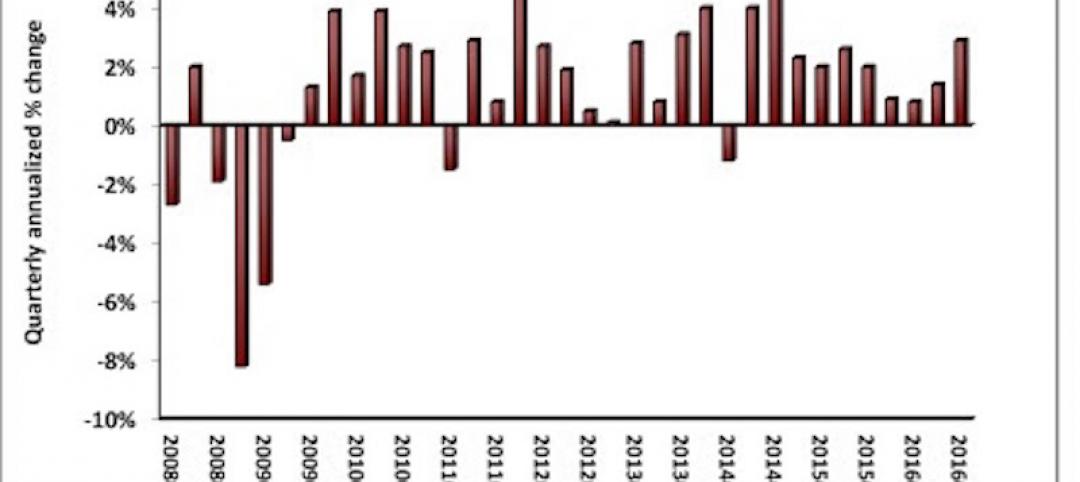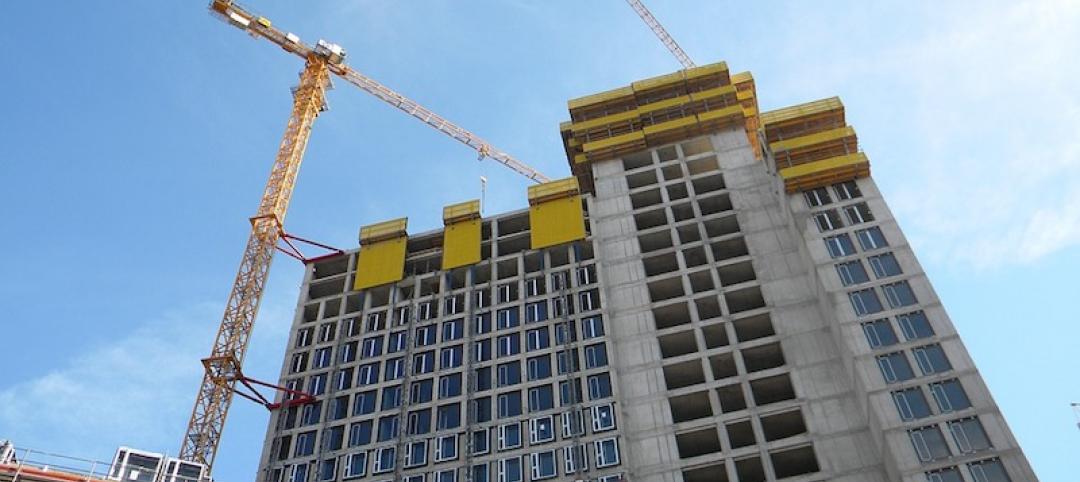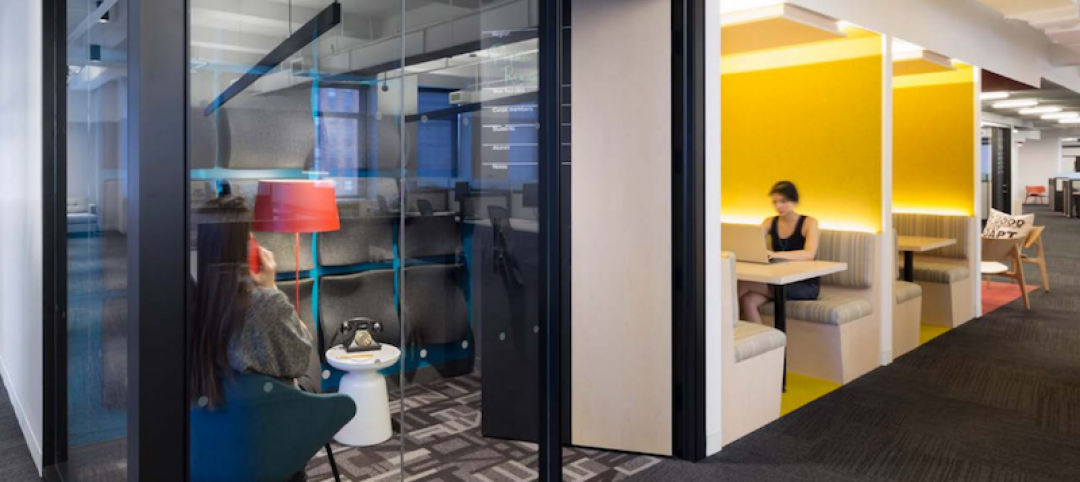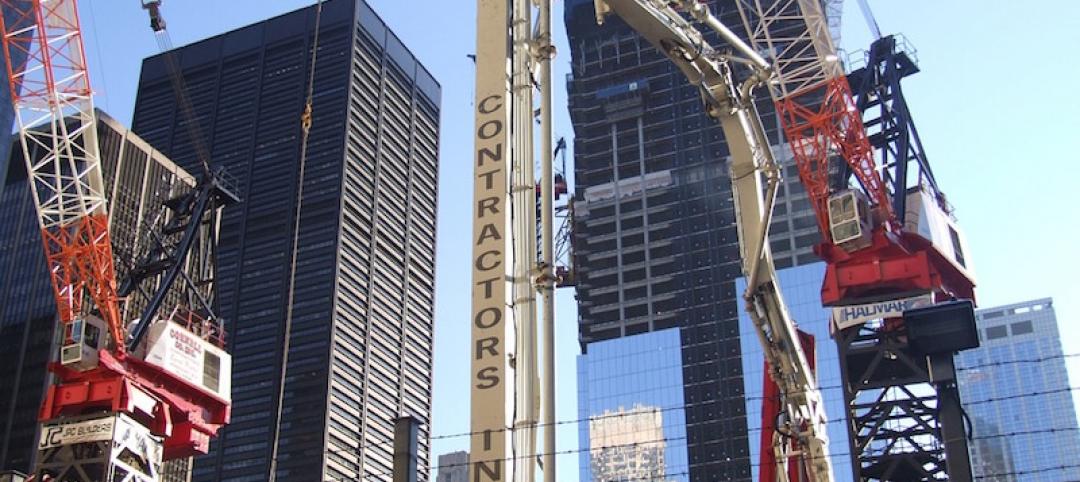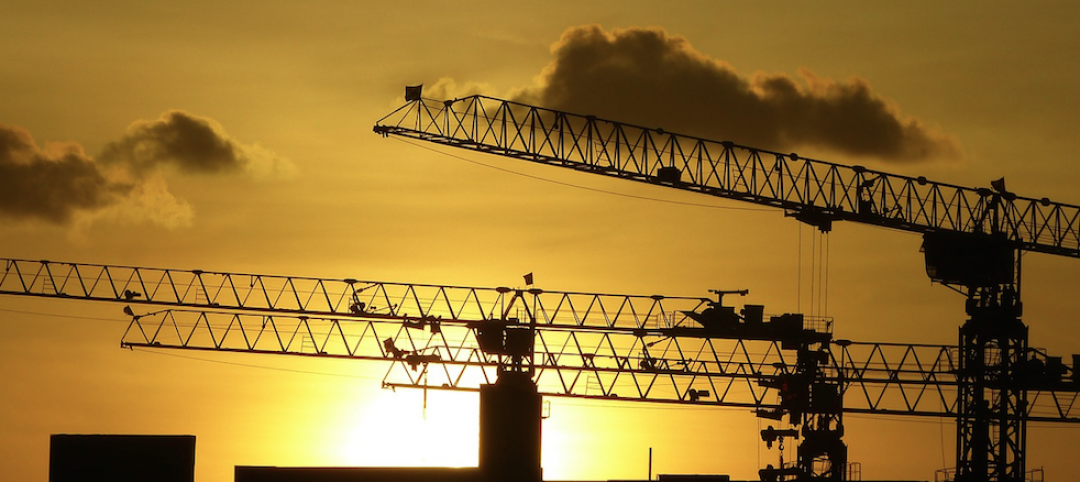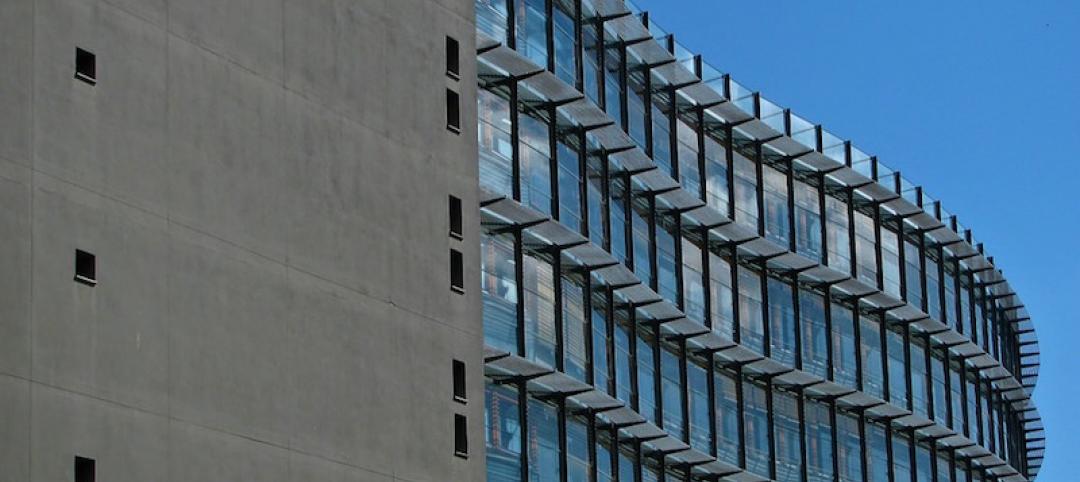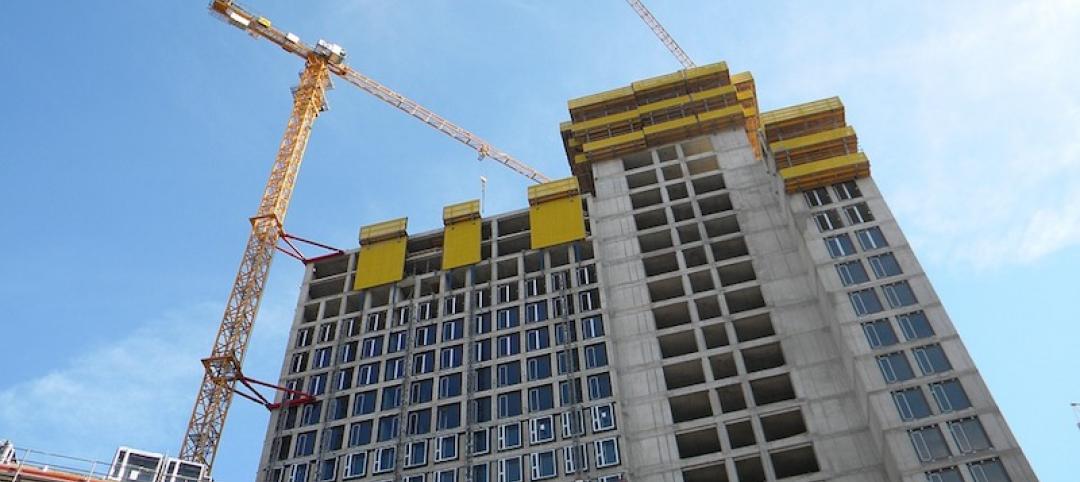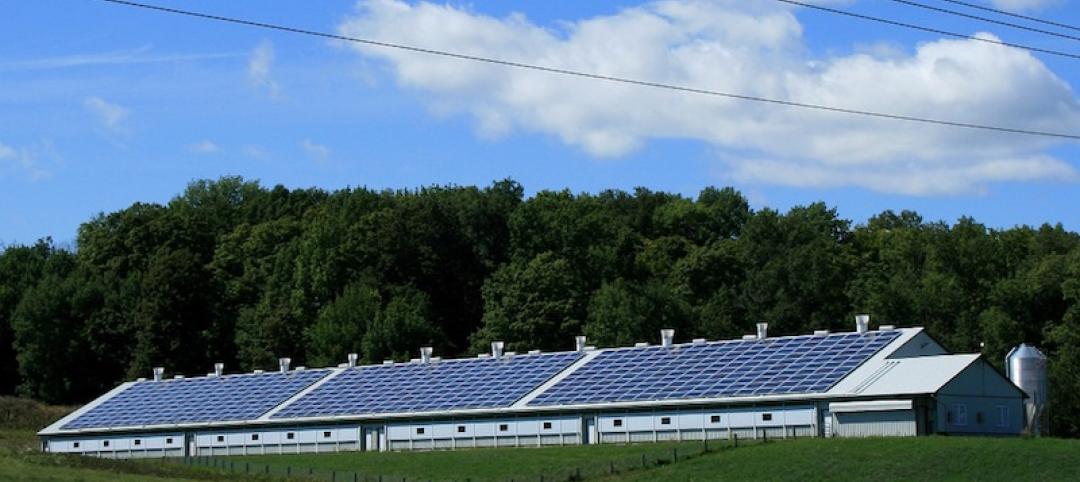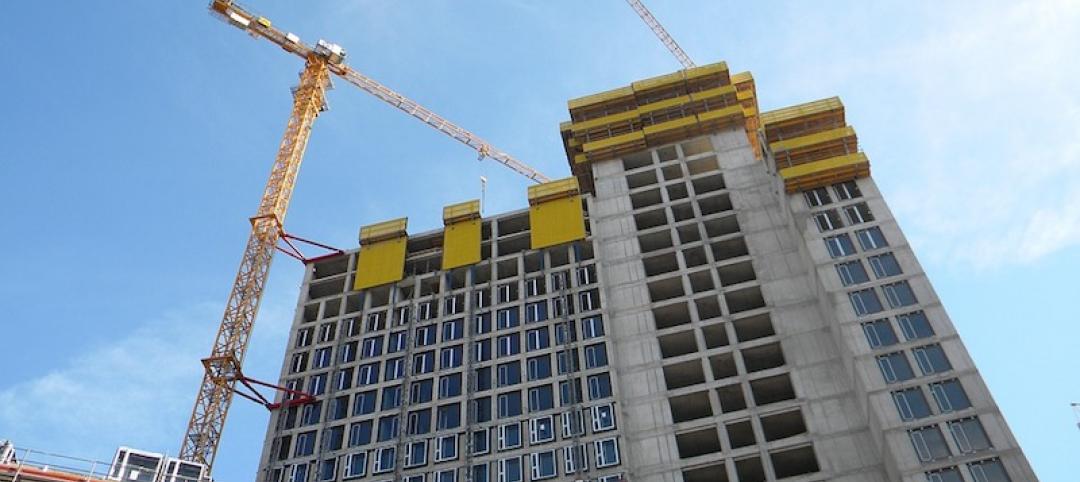Associated Builders and Contractors recently reported that its Construction Backlog Indicator contracted to 8.1 months during January 2019, down 0.8 months or 9.3% compared to the fourth quarter 2018 reading of 8.9 months.
“This represents the latest in a number of indicators suggesting that U.S. economic momentum has begun to wane,” said Anirban Basu, ABC’s chief economist. “Other data tracking retail sales, employment growth and the trade deficit suggest that in contrast to 2018, this year will not be as strong from an economic growth perspective.
“January’s decline in nonresidential backlog was significant, slipping to levels last observed in 2014,” said Basu. “From an industry segment perspective, the decline in backlog was especially sharp in the infrastructure category, which may have been related to the federal shutdown in January.
“There was one meaningful exception in the Middle States, where backlog continues to rise,” said Basu. “This is potentially a result of stronger industrial production growth in 2017 and 2018, which has produced greater demand for modern industrial space. As with any January data release, weather may also have played a role in shaping the results. Accordingly, more clarity regarding contractual activity will arrive during the months ahead.”
Related Stories
Market Data | Oct 31, 2016
Nonresidential fixed investment expands again during solid third quarter
The acceleration in real GDP growth was driven by a combination of factors, including an upturn in exports, a smaller decrease in state and local government spending and an upturn in federal government spending, says ABC Chief Economist Anirban Basu.
Market Data | Oct 28, 2016
U.S. construction solid and stable in Q3 of 2016; Presidential election seen as influence on industry for 2017
Rider Levett Bucknall’s Third Quarter 2016 USA Construction Cost Report puts the complete spectrum of construction sectors and markets in perspective as it assesses the current state of the industry.
Industry Research | Oct 25, 2016
New HOK/CoreNet Global report explores impact of coworking on corporate real rstate
“Although coworking space makes up less than one percent of the world’s office space, it represents an important workforce trend and highlights the strong desire of today’s employees to have workplace choices, community and flexibility,” says Kay Sargent, Director of WorkPlace at HOK.
Market Data | Oct 24, 2016
New construction starts in 2017 to increase 5% to $713 billion
Dodge Outlook Report predicts moderate growth for most project types – single family housing, commercial and institutional building, and public works, while multifamily housing levels off and electric utilities/gas plants decline.
High-rise Construction | Oct 21, 2016
The world’s 100 tallest buildings: Which architects have designed the most?
Two firms stand well above the others when it comes to the number of tall buildings they have designed.
Market Data | Oct 19, 2016
Architecture Billings Index slips consecutive months for first time since 2012
“This recent backslide should act as a warning signal,” said AIA Chief Economist, Kermit Baker.
Market Data | Oct 11, 2016
Building design revenue topped $28 billion in 2015
Growing profitability at architecture firms has led to reinvestment and expansion
Market Data | Oct 4, 2016
Nonresidential spending slips in August
Public sector spending is declining faster than the private sector.
Industry Research | Oct 3, 2016
Structure Tone survey shows cost is still a major barrier to building green
Climate change, resilience and wellness are also growing concerns.
Industry Research | Sep 27, 2016
Sterling Risk Sentiment Index indicates risk exposure perception remains stable in construction industry
Nearly half (45%) of those polled say election year uncertainty has a negative effect on risk perception in the construction market.





